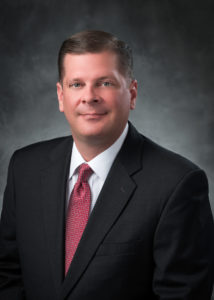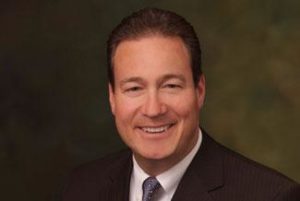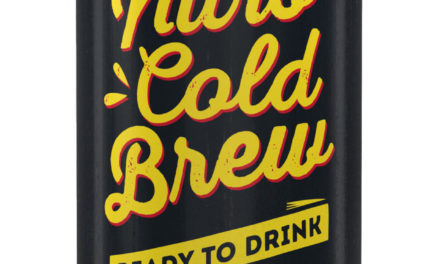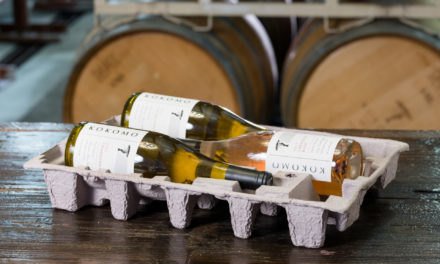In today’s litigious society, businesses that sell or produce alcoholic beverages must be aware of what’s allowed, what’s responsible, and what’s safe when it comes to serving customers. In 1933, after Prohibition ended, states started to pass laws to regulate establishments that served alcohol. Called “dram shop laws” (the term “dram” refers to a unit of liquid measure for alcohol during the U.S. colonial period), these laws limit liability in case of bodily injury or property damage stemming from a customer’s intoxication, including car accidents and underage drinking.
Today, liquor liability insurance (LLI) covers businesses that would serve alcohol in a tasting room, at an event such as a wedding, or in a theater with a show. Companies that benefit from liquor liability insurance include wineries, breweries, distilleries, cideries, restaurants, bars, and hotels. LLI policies may also benefit pop-up restaurant and bar events, food and beverage delivery services such as Saucey and Drizly, and grocery services including Amazon Prime.

“Exposure is different, state-to-state, because each state has unique dram shop laws.” —Staci Sheptock, Pak Insurance Programs
What LLI does
LLI protects a business that produces, sells, or serves alcohol against lawsuits stemming from the actions of intoxicated customers. “Liquor liability exposure is different from state-to-state, because each state has unique dram shop laws,” says Staci Sheptock, director of operations at Pak Programs, LLC, a managing agent that sells insurance to alcohol beverage manufacturers nationally. “But anyone who’s manufacturing, selling, or serving alcohol needs liquor liability insurance.”
Tony Guerrero, a partner at George Petersen Insurance Agency in Santa Rosa, Calif., which also works with alcohol producers and restaurants, says LLI policies typically cover $1 million in damages per occurrence and also provide funds to hire an attorney in the event of a lawsuit.
“You can also get an umbrella policy on top of that to have $10, $20, or $50 million in additional coverage,” he says, explaining that, “auto-related accidents are high because of inflation in medical costs; $1 million in coverage isn’t unrealistic.”
Guerrero also recommends liquor liability insurance be coupled with a general liability insurance policy, which typically exempts incidents relating to consumption of alcohol. And a business should consider event insurance if it hosts special events involving alcohol, including weddings.

“Insurance companies will base your rates on what your reported sales are going to be, adjusting premiums up if you sell more.” —Albert Van Huff, Monshaugen & Van Huff, P.C.
Take further precautions
A business can take additional measures to maximize the benefits of a liquor liability insurance policy. Albert Van Huff, an attorney-partner in the Houston, Texas-based firm Monshaugen & Van Huff, P.C., says businesses that sell alcohol should register with the state as a corporation or a limited liability company (LLC). The businesses should then follow corporate formalities such as having a president and paying taxes.
“Insurance companies will base your rates on what your reported sales are going to be, adjusting premiums up if you sell more. If you have events where you serve 1,000 people in a night, liquor liability insurance can be very expensive,” says Van Huff. He says some clients opt to have a policy with a relatively low limit (between $200,000 and $500,000). “This reduces the cost for insurance premiums. Also, a policy with a high limit can attract lawsuits. When plaintiffs hear that the policy limits are lower, they may just take [a settlement for] the policy limits.”
Gerald Valentini, a partner in the Philadelphia, Penn.-based firm Deasey, Mahoney & Valentini LTD, advocates having a policy substantial enough to insulate a business and its employees from garnishment. “History tells us that juries in Pennsylvania, such as Philadelphia, tend to award large sums of money to injury victims. If the facts are really egregious, the jury may also award punitive damages,” says Valentini. (In Pennsylvania, juries have been known to award punitive damages of up to 10 times the amount of actual damages.)
“In today’s business climate, most people assume a business has insurance,” he continues. “I think you’re going to get sued whether you have a policy in place or not. I don’t think it’s proper to view the existence of a policy as an invitation to be sued.”

Stacy Roof, president and CEO of the Kentucky Restaurant Association, recommends staff become familiar with out-of-state IDs and any promotion that appears to invite over-consumption.
Be proactive with staff
Businesses can receive discounts on policies by engaging in preventive measures and holding staff trainings. Many insurers offer their clients training in best practices for alcohol service as well as provide best practices guides. Keith Coleman, director of licensing for Monshaugen & Van Huff, P.C., says following best practices helps ward off accidents and calls to law enforcement.
Coleman, who worked as a captain in the law enforcement division for the Texas Alcoholic Beverage Commission (TABC) from 1989 to 2006, says, “Following an incident, TABC will have standard questions for the servers or involved employees: ‘What did the person [receiving service] look like? What were their actions?’
“Before you serve a person, stop long enough to look at that person,” he advises. “Are they slurring their words? Do they have trouble with their balance? Are they loud and obnoxious? Are they fumbling with their money? A lot of this is common sense.”
Stacy Roof, president and CEO of the Kentucky Restaurant Association, has more tips to monitor a customer’s alcohol intake: “Use a recipe for mixed drinks. Count it [a measure of alcohol]; don’t free pour. Keep track of drinks sold at multiple points, like the bar, the [point-of-sale] system, and between servers,” she says.

“I think you’re going to get sued whether you have a policy in place or not.” — Gerald Valentini; Deasey, Mahoney & Valentini LTD
“Communication is key. The server, bartender, and valet should talk to one another. Some places are huge and have multiple points where you can order. Serve water with every [alcoholic] drink. Put something good in their stomachs if they’ve had more than one drink,” says Roof, who also recommends staff become familiar with out-of-state IDs and any promotion that appears to invite over-consumption.
Valentini recommends guarding against potential liability prior to opening day via proper staff training, review of internal policies and procedures for safe alcohol service, and open communication between all team members. “Mandatory training programs such as TIPS [National Hospitality Training LLC’s Training for Intervention ProcedureS], RAMP [Pennsylvania Liquor Control Board’s Responsible Alcohol Management Program], ServSafe are essential,” he says.
No matter what precautions a business takes, it typically cannot protect all customers from the dangers of intoxication. In addition to due diligence in beverage service, careful companies should protect themselves with smart counsel and proper coverage.











